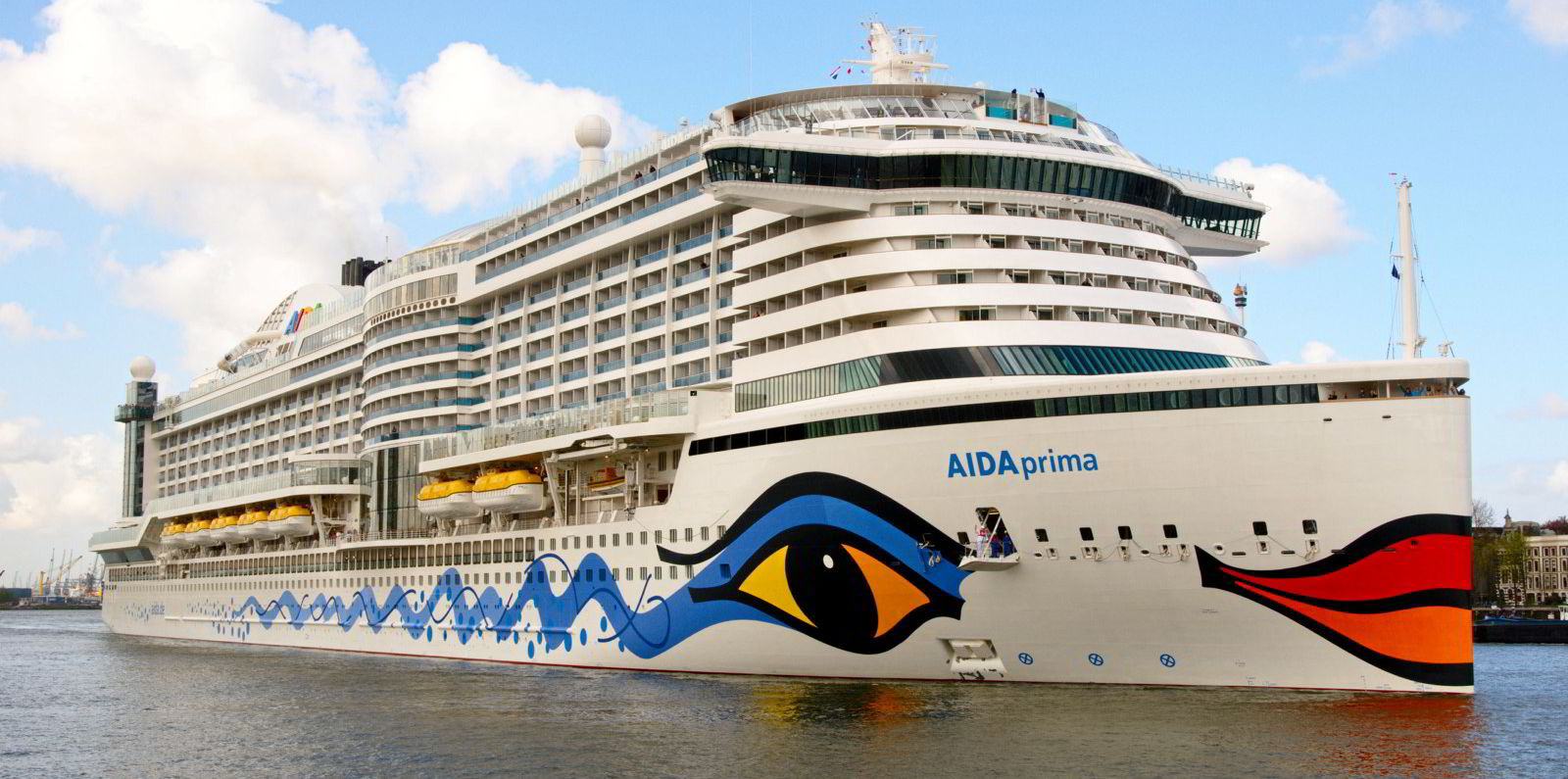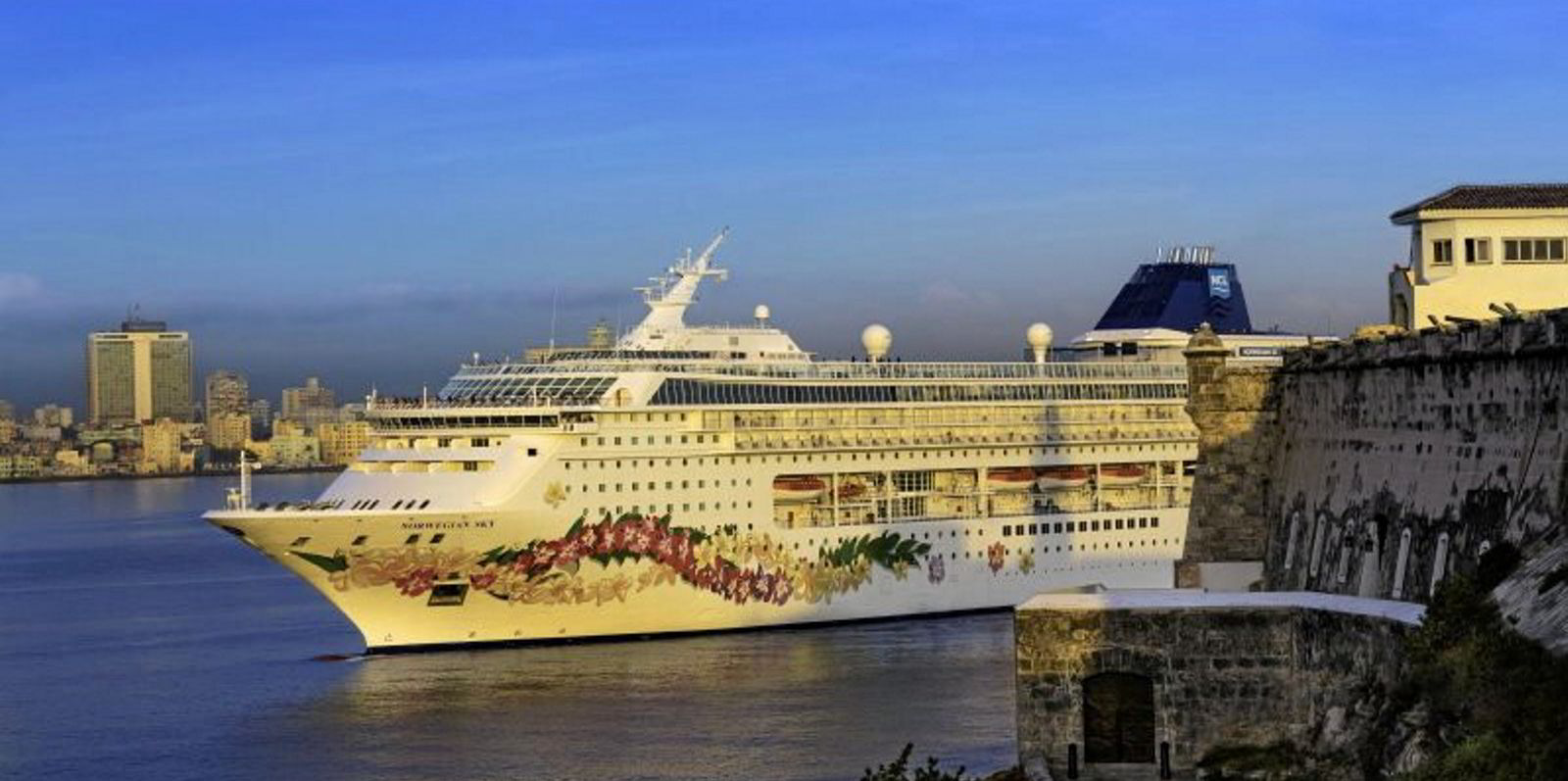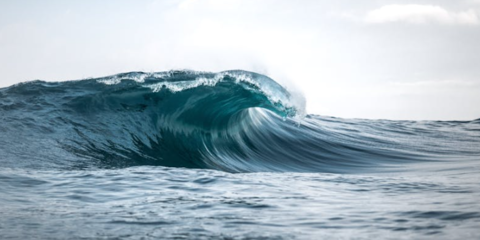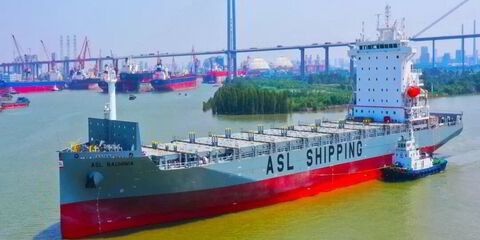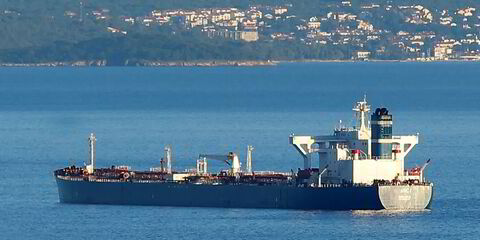Carnival Corp has teamed up with GoodFuels to carry out what the Miami giant describes as the first bunkering of a “larger-scale” cruise ship with a blend of sustainable marine biofuels and marine gasoil.
The company said its Costa Group carried out the operation on the 3,286-berth AIDAprima (built 2016), which operates under Germany-based AIDA Cruises brand, during a layover in Rotterdam as it carries passengers on seven-day cruises around Europe.
The bunkering was part of an effort by the Carnival subsidiary, whose umbrella includes the Costa Cruises brand, to test biofuels as part of its efforts to cut carbon emissions.
Carnival said Costa Group’s decarbonisation strategy involves testing new technologies and processes to improve efficiency of the existing fleet.
“With the successful start of biofuel usage, the initiative aims to demonstrate that gradual decarbonisation is possible, even on ships already in service. At the same time, a key prerequisite for using biofuels is that it can become widely available on an industrial scale and at marketable prices,” Carnival said.
Working with Netherlands-based green bunkering company GoodFuels, the cruise ship owner said it sourced biofuels made from 100% sustainable raw materials like waste cooking oil.
Costa Group had previously tested biofuels in marine diesel engines as part of a project with researchers at the University of Rostock in Germany.
Other legs of Costa Group’s emissions strategy included installing the first fuel on a cruise ship, in a project involving its 5,000-berth AIDAnova (built 2018).
The AIDAprima was already at the forefront of its decarbonisation efforts when the company installed the cruise sector’s largest battery storage system.

“Costa Group is also focusing on the expansion and increased use of shore power in ports where the shore-side infrastructure is available,” Carnival said.
“With several short-, medium- and long-term strategic initiatives, Costa Group is making an active contribution towards achieving the UN Sustainable Development Goals and the European Green Deal decarbonisation objectives.”
Across its fleet, Carnival said it has spent $350m on energy efficiency improvements since 2016, which are expected to cut fuel consumption per available lower berth day by 10% compared to 2019.
